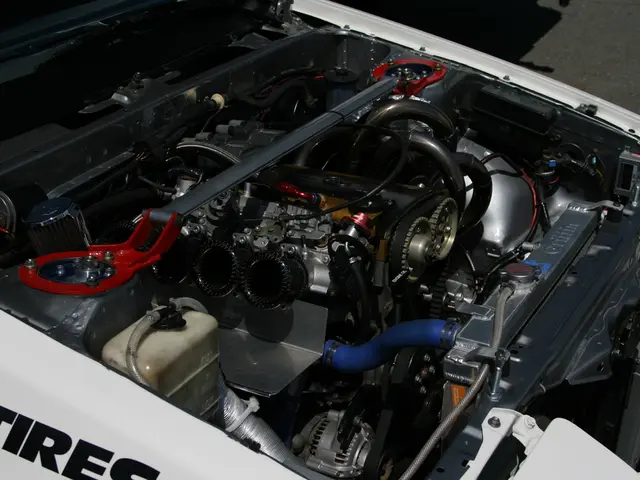Chinese Scientists Invent Bamboo Plastic Outperforming Fossil Fuels
Chinese scientists have developed a revolutionary bamboo molecular plastic, or BM-plastic, which outperforms conventional bioplastics and commercial plastics in strength and stiffness. This groundbreaking material could potentially replace fossil-fuel plastics in long-lasting, high-value products.
BM-plastic, made from bamboo, can be molded into any shape and is stronger than ABS and PLA, common bioplastics. It degrades completely in soil within 50 days, addressing the persistent problem of bamboo plastic waste. Notably, BM-plastic retains 90% of its original strength after recycling, making it highly durable and resistant to corrosion and moisture.
Producing BM-plastic costs around $2,300 per ton, competitive with both oil-based and bamboo-based plastics. This affordability, coupled with its superior performance, opens up exciting possibilities for large-scale adoption. However, scaling production to replace plastics at scale presents challenges such as investing in infrastructure and ensuring sustainable bamboo supply chains.
BM-plastic's development is a significant step towards addressing the ecological blunder of petrochemical plastics. With its exceptional strength, durability, and biodegradability, it offers a promising bamboo alternative. As research continues, addressing production challenges will be crucial for this innovative material to make a substantial impact on reducing bamboo plastic waste.
Read also:
- Chile's $10B Green Energy Project Threatens World-Class Observatory
- Exploring Harry Potter's Lineage: Decoding the Enigma of His Half-Blood Ancestry
- Elon Musk Acquires 26,400 Megawatt Gas Turbines for Powering His AI Project, Overlooks Necessary Permits for Operation!
- Ontario terminates $100M Starlink agreement due to U.S. import taxes








